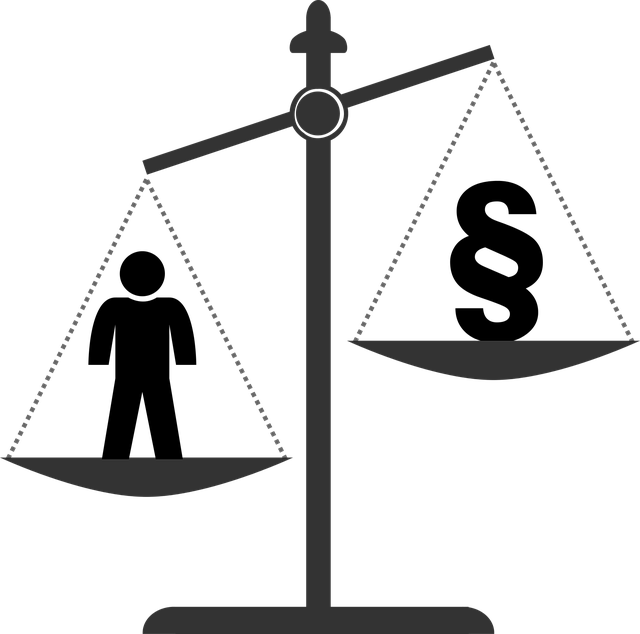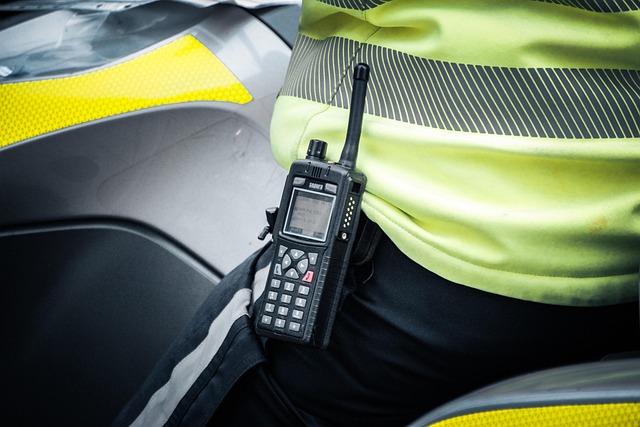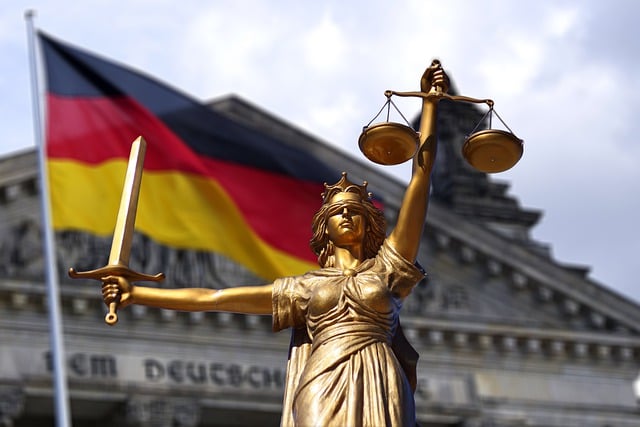C-Level Investigations are high-stakes probes into executive misconduct or criminal activity within organizations, utilizing advanced techniques like voir dire, a crucial aspect of criminal trials. Meaning "to say the truth" in French, voir dire involves questioning jurors to ensure impartiality and uncover biases, which can significantly impact defense strategies. This process is vital for selecting fair juries, especially in complex financial fraud cases, ensuring just verdicts based on evidence. Skilled investigators leverage voir dire to navigate legal complexities, ultimately fostering trust among stakeholders through robust compliance measures and ethical conduct at the top levels.
In the complex landscape of criminal justice, C-Level investigations hold immense significance. This article delves into the intricate world of these high-stakes probes, exploring their scope and impact on various legal outcomes. We highlight the critical role of voir dire, a process that ensures fair trials, by examining its importance in uncovering biases and selecting impartial jurors. Furthermore, we provide effective strategies for conducting successful C-Level investigations and present real-world case studies demonstrating the profound effect of voir dire in criminal proceedings. Understanding these key aspects is essential to ensure justice and fairness in our legal system, emphasizing the importance of voir dire in criminal trials.
- Understanding C-Level Investigations: Uncovering the Scope and Impact
- The Role of Voir Dire: A Crucial Process in Criminal Trials
- Effective Strategies for Conducting Successful C-Level Investigations
- Case Studies: Real-World Examples of Voir Dire's Significance in Criminal Proceedings
Understanding C-Level Investigations: Uncovering the Scope and Impact

C-Level Investigations refer to high-level inquiries focusing on executive-level individuals within organizations, often in response to allegations of misconduct or criminal activity. These investigations are crucial as they uncover potential wrongdoings that could have significant implications for businesses and their leaders. The scope involves examining financial records, digital evidence, and witness statements to construct a comprehensive understanding of the situation. By employing skilled investigators, organizations ensure a thorough process, leveraging techniques like voir dire during criminal trials to gather credible information.
The impact of C-Level Investigations extends beyond the immediate case. They can lead to complete dismissals of all charges for clients, demonstrating the importance of a robust defense strategy. With these investigations gaining prominence across the country, businesses are encouraged to establish proactive compliance measures and promote ethical conduct at the top levels. This ensures not only legal protection but also fosters trust among stakeholders, investors, and the public at large.
The Role of Voir Dire: A Crucial Process in Criminal Trials

Voir dire plays a pivotal role in the courtroom, especially in high-stakes cases, acting as a crucial process within criminal trials. This method, which involves questioning potential jurors to determine their fitness and impartiality, is an essential step in ensuring a fair trial for both the prosecution and the general criminal defense. The word itself, derived from French, translates to “to say the truth,” reflecting its purpose of uncovering biases or prejudices that might influence a juror’s decision-making.
During voir dire, judges and attorneys delve into the backgrounds, experiences, and attitudes of prospective jurors. Questions range from personal histories to perceptions about the legal system, ensuring that no potential bias goes unnoticed. This process is vital for selecting an unbiased jury, as it helps attorneys make informed decisions when building their defense strategies. For his clients, a thorough voir dire process can mean the difference between a conviction and an acquittal in cases with significant consequences.
Effective Strategies for Conducting Successful C-Level Investigations
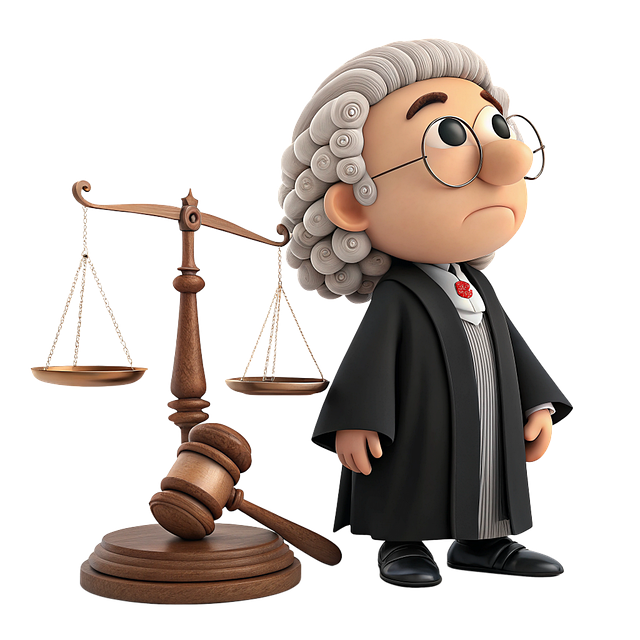
Conducting successful C-level investigations requires a strategic approach that goes beyond traditional methods. One critical component is an effective voir dire process in criminal trials. Voir dire, meaning “to speak the truth,” is essential for selecting impartial juries. It allows attorneys to assess potential jurors’ biases, experiences, and perspectives, ensuring a fair trial. A skilled investigator must master this art to uncover hidden prejudices that could influence the jury’s decision, ultimately making or breaking a case.
By employing an unprecedented track record of successful investigations and cross-examination techniques, criminal defense attorneys can navigate complex cases. This includes thorough background checks, gathering compelling evidence, and presenting powerful defenses. In high-stakes jury trials, where general criminal defense strategies are put to the test, a meticulous approach to voir dire can be the game-changer, ensuring a level playing field for both prosecution and defense.
Case Studies: Real-World Examples of Voir Dire's Significance in Criminal Proceedings
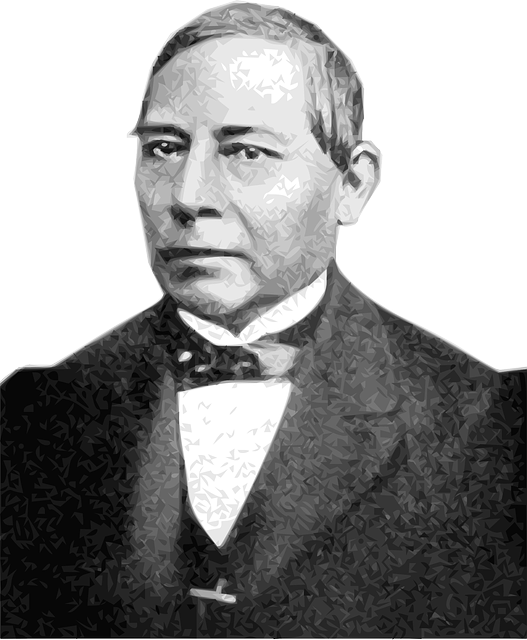
Voir dire plays a pivotal role in shaping the outcome of criminal trials, as evidenced by numerous case studies. This meticulous process ensures that jurors are impartial and capable of rendering just verdicts based on the evidence presented. For instance, in high-stakes cases involving complex financial fraud or white-collar crimes, the selection of the right jury can make all the difference. A well-executed voir dire reveals potential biases, allowing judges and attorneys to exclude those who might unconsciously influence the decision-making process.
An unprecedented track record of successful outcomes is often attributed to effective voir dire strategies. By delving into the personal experiences, beliefs, and connections of prospective jurors, lawyers can identify and mitigate risks. This strategic approach not only safeguards against biased juries but also enhances the overall fairness and integrity of criminal proceedings. Case studies consistently demonstrate that when done right, voir dire can be a game-changer in navigating complex legal landscapes.
C-Level investigations, encompassing high-stakes criminal cases, demand meticulous planning and strategic execution. As demonstrated through case studies, the process is greatly enhanced by the integral role of voir dire in uncovering bias and ensuring a fair jury. Understanding the scope and impact of these investigations, coupled with effective strategies and the crucial process of voir dire, is essential for achieving justice in criminal trials. The importance of voir dire in criminal trials cannot be overstated; it serves as a vigilant gatekeeper, safeguarding the integrity of the judicial system.
